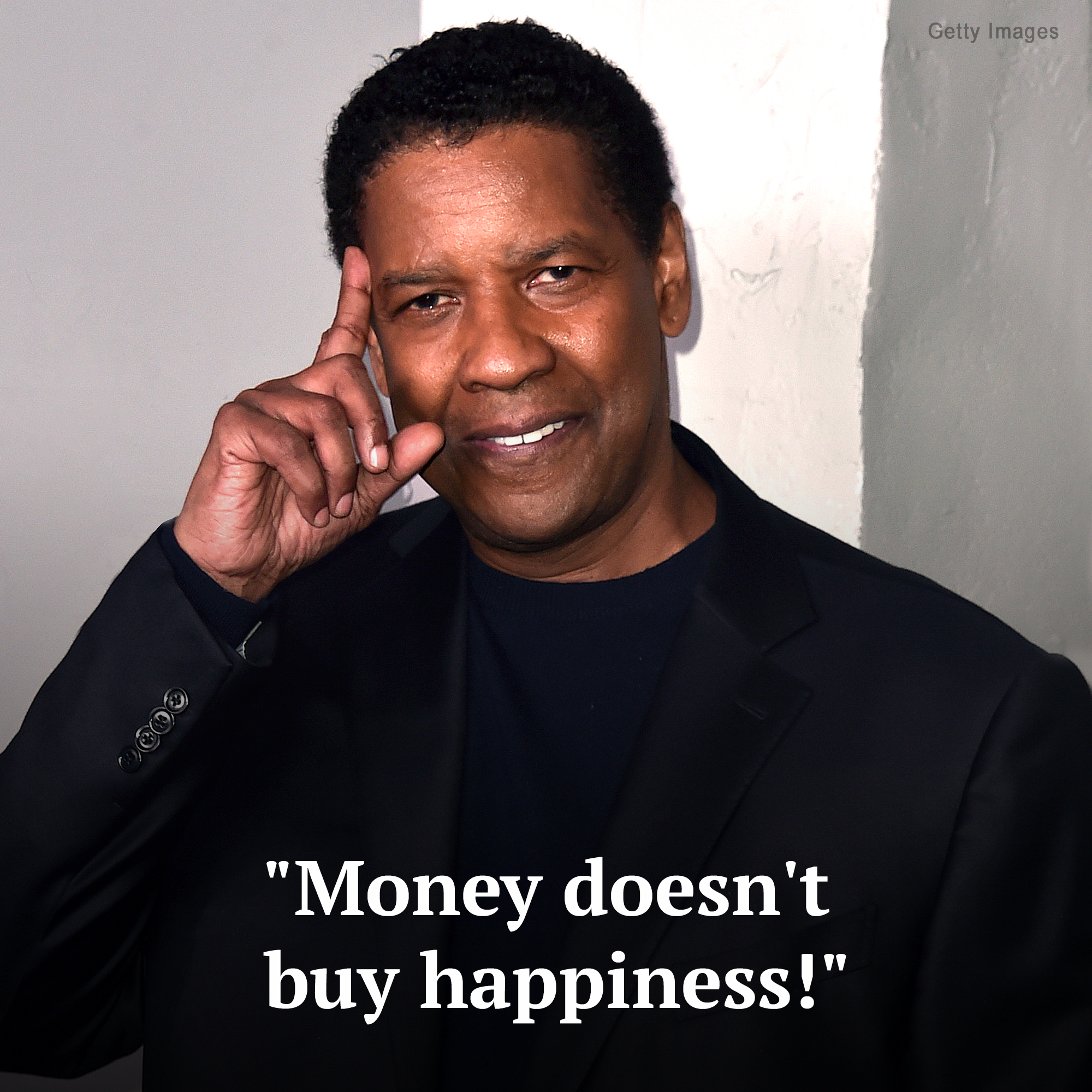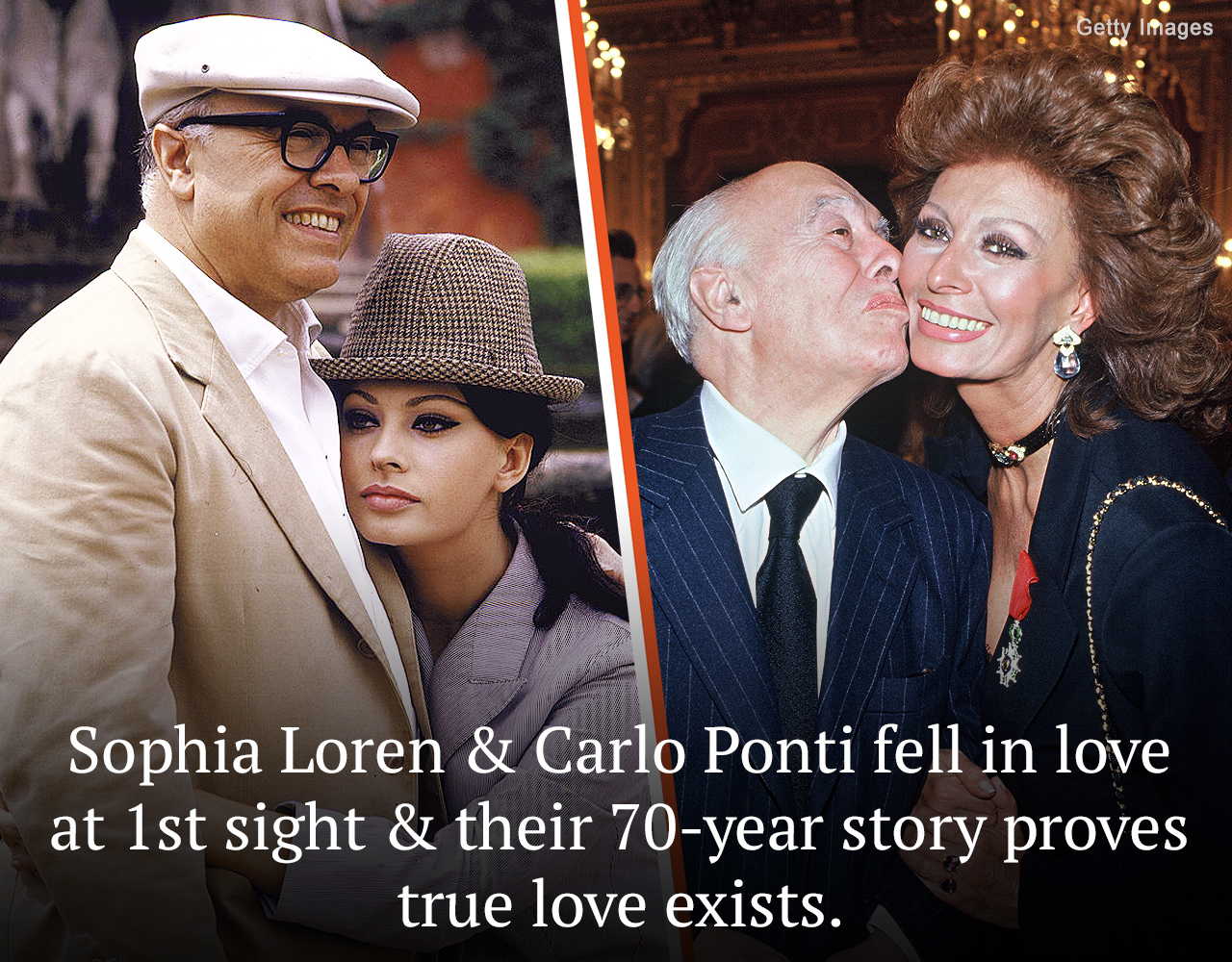I thought my granddaughter, Nina, and I shared an unbreakable bond — until she looked me in the eyes and said, “You’re not my grandma anyway.” In that moment, everything changed. As I searched for answers, I discovered a hidden prejudice within our family that left me questioning everything.
I have three kids but only one grandchild, Nina. At twelve, she’s in that unique phase of growing up, where her innocence and budding independence constantly surprise and delight me.
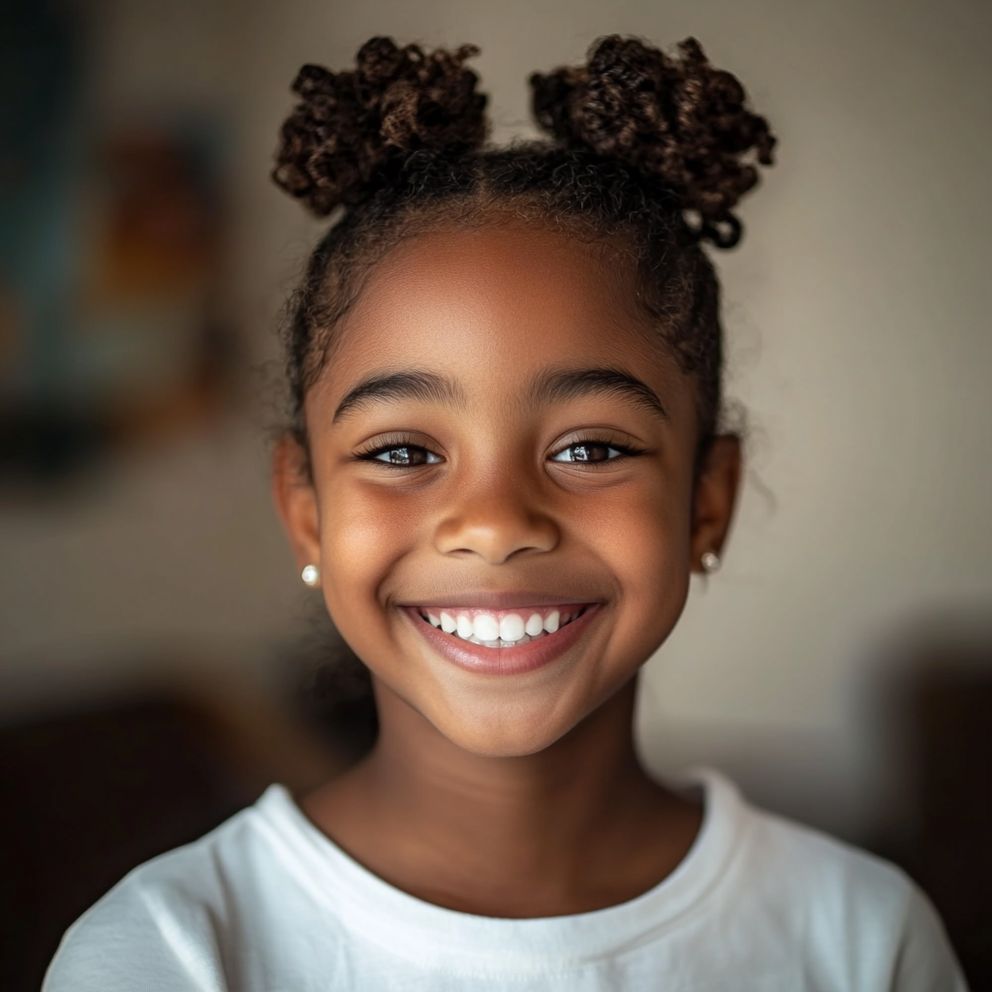
Since birth, I’ve felt that special bond with her, a connection I can’t quite put into words. There’s something about being a grandmother that has shifted my life, giving it a different texture — a blend of nostalgia and newness, love wrapped in memories and hope.
Nina often comes to my house after school, a ritual she’s had since kindergarten. Her mom, my daughter-in-law Tina, works long hours, and Nina’s always preferred spending that time with me.
I treasure those afternoons — they’ve given me a second chance at experiencing life through a child’s eyes. She’s curious, sometimes cheeky, with that glint in her eye that reminds me of her dad when he was her age.
Yesterday, she arrived like a whirlwind, slamming the door and racing upstairs, her phone glued to her ear. I could hear her chatter floating down the stairs, her voice growing louder and more animated. I smiled, enjoying the energy she brought into my quiet home.
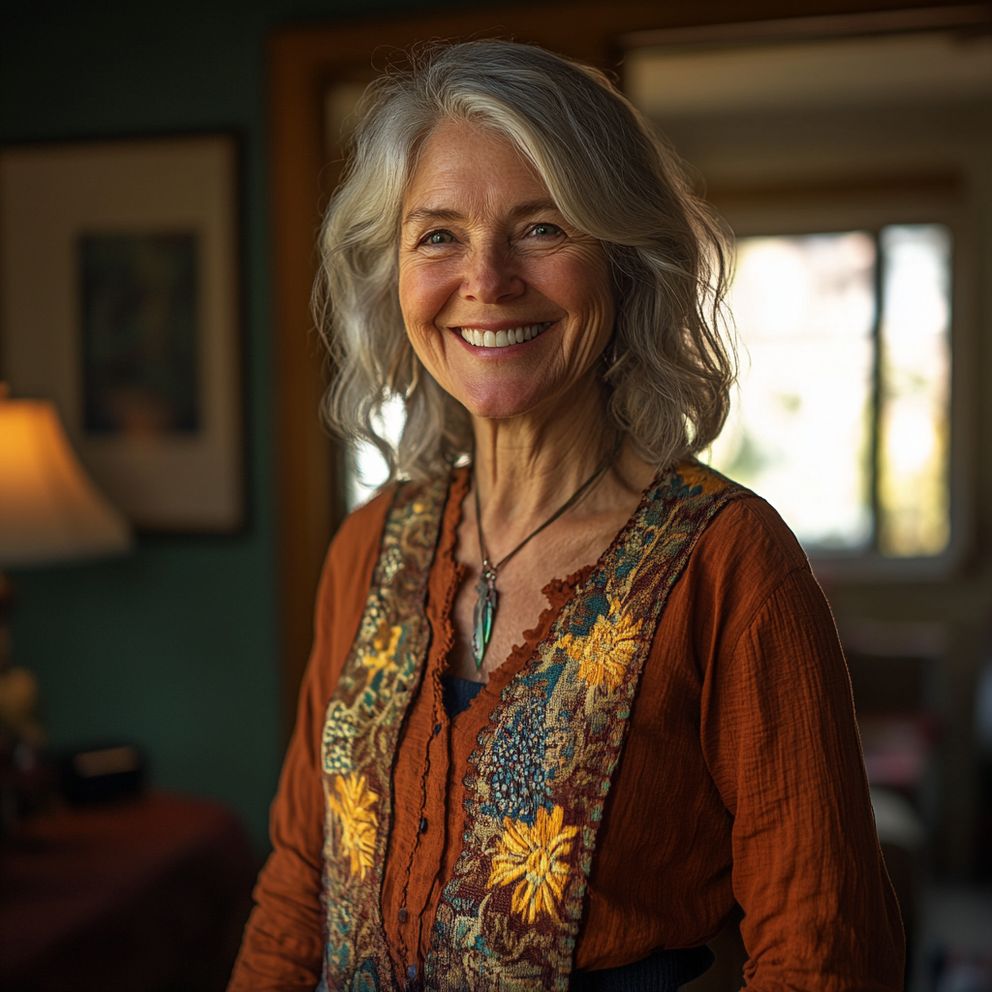
But then, I heard her words. Words that weren’t fit for her age, harsh words rolling off her tongue in a tone that made my heart sink. Nina was swearing — really swearing — in a way that felt jarring coming from someone I still saw as my little girl.
I paused, listening with surprise and concern, then decided to step in. I went to her room and knocked gently, waiting for her to look up from her call.
“Nina, sweetheart, could you mind your language a bit?” I said, keeping my tone light. “I know you’re having fun, but some words…they’re just not nice.”
She turned to me, her face scrunched with irritation. I was expecting her to roll her eyes, maybe laugh it off — but what she said next stunned me.
“Why do you care?” she snapped, crossing her arms. “You’re not my grandma anyway!”
I felt like the floor had dropped out from under me. Her words stung, not just because of what she said, but because she seemed to mean it. I stood there, speechless, as she turned away, brushing me off like I was a stranger. I opened my mouth, trying to find the right words, but she turned her back, shutting me out.
For the rest of the evening, I moved around my house in a fog, trying to understand what she’d said.
I kept replaying it in my mind — her dismissive tone, the way she looked at me as if I were just another adult telling her what to do. How had things changed so quickly? I wondered, running through every conversation we’d had in the past few months. Had I missed something? Some sign that she felt out of place?
I barely slept that night. Thoughts of Nina swirled in my head, blending with old memories of her as a baby, her tiny hand wrapped around my finger, and how she used to squeal with joy when I’d rock her to sleep.
Our closeness was like a lifeline for me, a reminder of all that was good in life. But now, it felt like it was slipping away.
The next day, I decided to talk to Tina. Maybe she could help me understand what was going on with Nina, why she suddenly seemed so distant, so convinced that I wasn’t her “real” grandma. I called Tina, and she agreed to meet me at a little café we both loved.
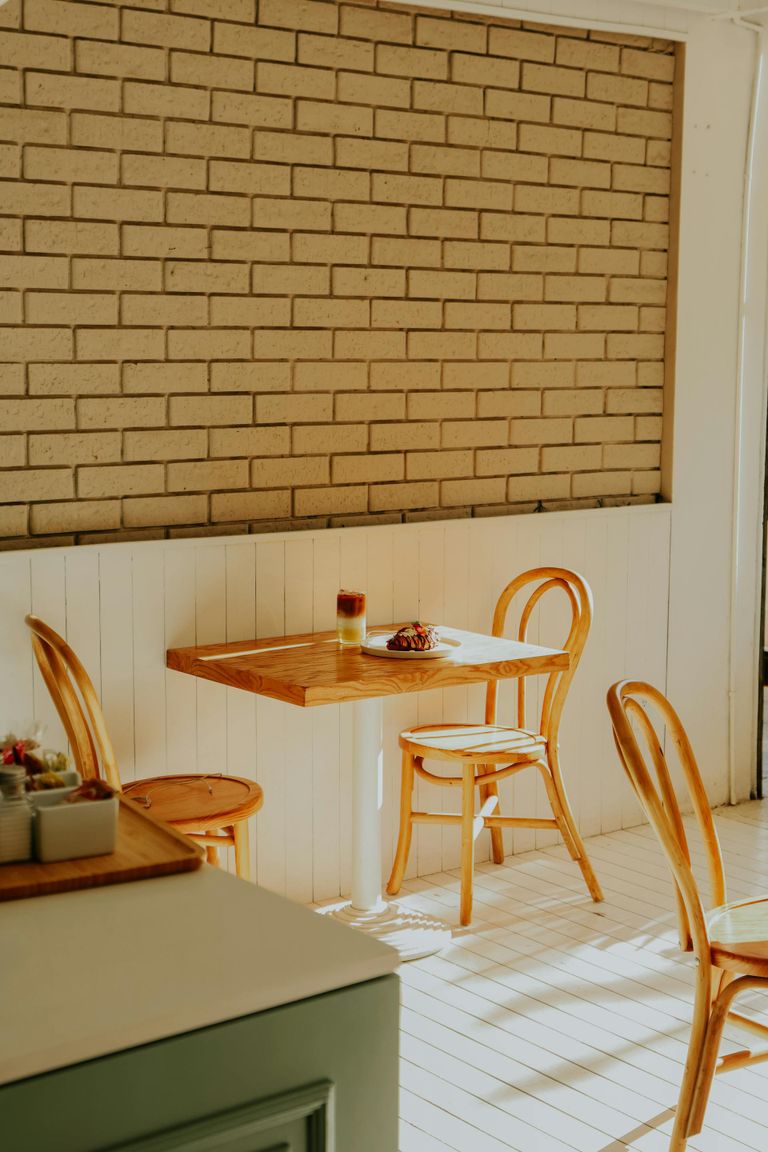
As we sat over coffee, I shared everything — the swearing, Nina’s outburst, the way she’d looked at me like I was a stranger. Tina listened, her face growing more serious with each word.
When I finished, she shook her head slowly. “I had no idea, Lucy. She’s never said anything like that to me…at least, not that I know of.”
I looked at her, searching her face for answers. “Tina, do you think someone…said something to her? About me, about our family?”
Tina sighed, her fingers tracing patterns on her coffee cup. “Maybe…I don’t know. But I’ll talk to her. I’ll ask her what’s going on.”
I nodded, feeling a flicker of relief. I trusted Tina completely; she’d always been a steady presence in our family, warm and understanding. Still, a sense of dread lingered, a gnawing worry that there was something deeper, something I couldn’t see.
The following weekend, Nina came over again, but this time, she was quieter and more reflective.
I could tell something was weighing on her, but she kept her distance, barely speaking to me as she flipped through her phone. Finally, I couldn’t bear the silence any longer.
“Nina, honey,” I began softly, sitting down beside her on the couch. “I just want to know. Why do you feel like I’m not your grandma?”
She glanced at me, her face a mix of uncertainty and defiance. “I—I don’t know,” she muttered, shrugging.
I tried again. “Did someone tell you that? Did they say something that made you feel this way?”
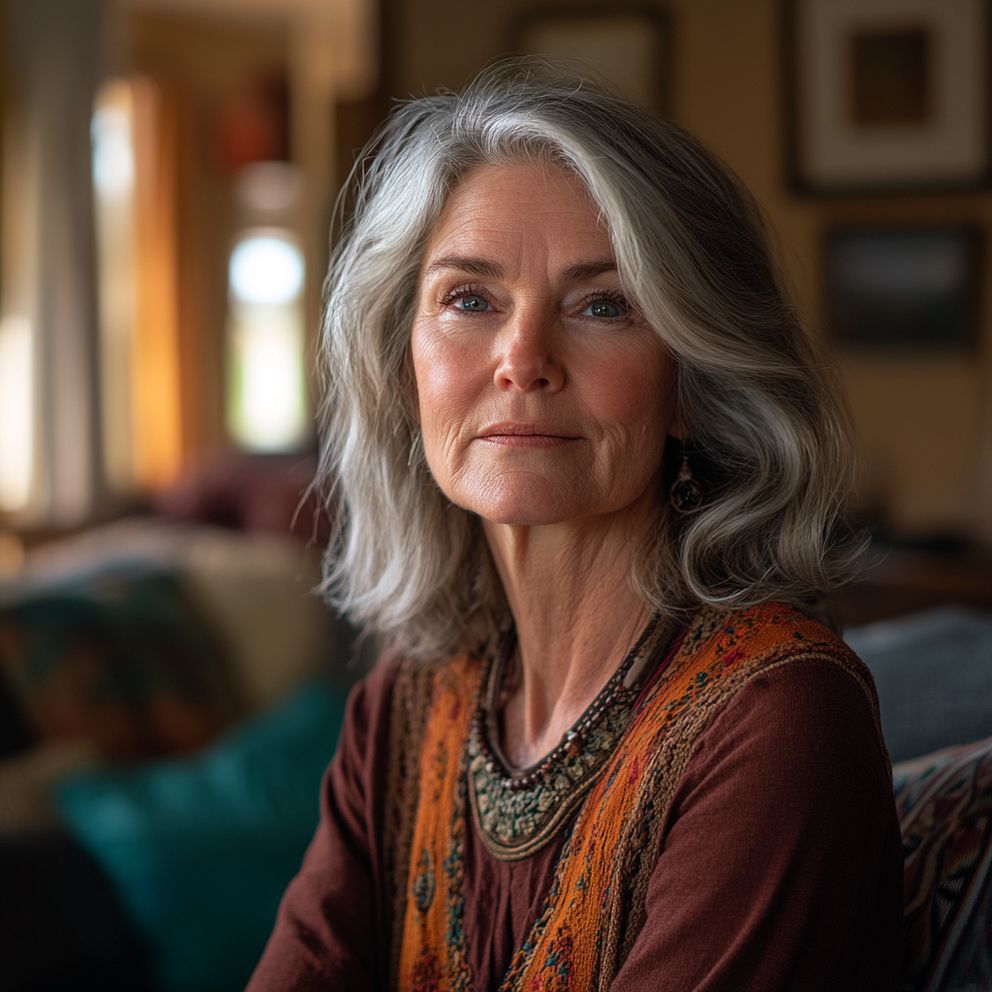
For a moment, she was silent, her gaze focused on her hands. Finally, she whispered, “Grandma Stacey said…I don’t look like you. She said…maybe Mom cheated on Dad, and that’s why I’m…you know, dark.”
I sat there, letting her words sink in, my heart breaking as I absorbed the hurt Stacey had caused. “Oh, honey,” I said gently, taking her hand in mine, “let’s talk about this. But first, let me tell you about our family, about why we look a little different. I’m white, and so is your dad. Your mom, Tina, is Black, and that’s why you’re a beautiful blend of all of us.”
She nodded slowly, though doubt lingered in her eyes. “But Grandma Stacey said I can’t be your granddaughter because you’re so pale. She said if you were really my grandma, I’d look like you.”
I felt a surge of frustration. Stacey had always struggled to accept our family, questioning my son’s marriage to Tina, though I’d never expected her to pass those doubts onto Nina.
“Sweetheart, sometimes people let their insecurities cloud their judgment. Grandma Stacey…well, she doesn’t see things the way I do. But the color of our skin doesn’t change the love we share or the fact that you’re part of my family.”
Nina bit her lip as if wrestling with her emotions. “Mom told her it wasn’t true. She told Grandma Stacey she didn’t cheat, but Grandma just kept saying it over and over.”
I reached out, wrapping Nina in a hug. “I’m so sorry, sweetheart, that you were put through this. But I want you to know that you are, and always will be, my granddaughter. And we’ll do whatever it takes to help you feel secure in that.”
She looked up at me, her eyes filling with tears. “I don’t know, Grandma. I…I just don’t know who to believe.”
The next few days passed in a blur. I couldn’t shake the image of Nina’s tearful face, the doubt Stacey had planted in her mind. I knew we had to do something to ease her fears, to prove that she was as much a part of our family as anyone else.
After talking to Tina, we decided to take a DNA test. It wasn’t something we’d ever thought we’d need, but I wanted Nina to have the reassurance, to know without a doubt that she was mine, that we shared a bond no one could take away.
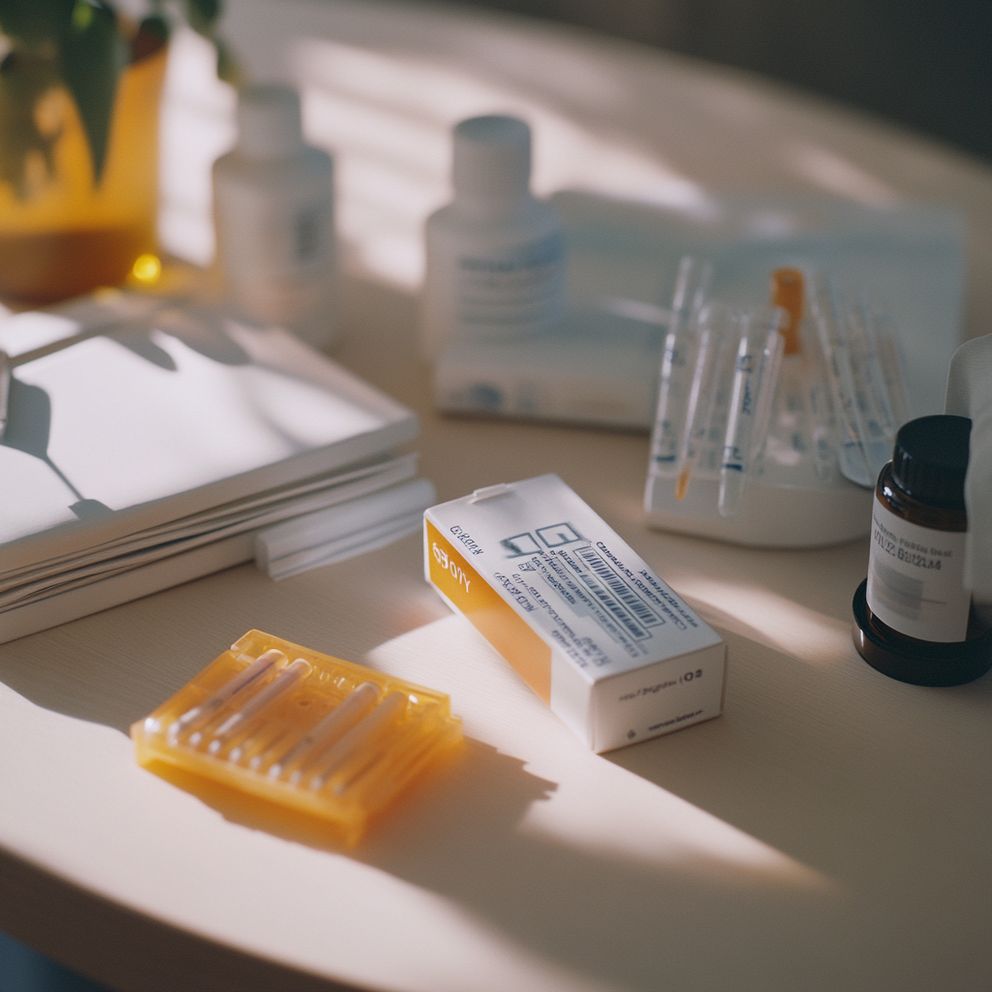
The wait was excruciating, each day stretching into what felt like an eternity. I missed the easy laughter I used to share with Nina, the warmth and closeness we once had. But there was a distance now, a tension that wouldn’t fade until the truth was finally revealed.
When the results arrived, Tina and I gathered around the table with Nina, the envelope lying between us like some kind of lifeline. I could see the nervousness in Nina’s eyes, the flicker of hope mixed with doubt.
“Are you ready, sweetheart?” I asked, my voice gentle. She nodded, and with a deep breath, I opened the envelope.
As I read the words, a sense of relief washed over me. “Nina,” I said softly, looking into her eyes, “this paper right here…it says you are my granddaughter. By blood, by heart, in every way that matters.”
For a moment, she stared at the results, her expression shifting as she took it all in. Then, in a burst of movement, she flung herself into my arms, her shoulders shaking as she whispered, “I’m so sorry, Grandma. I didn’t mean it…I just didn’t know.”
I held her close, tears slipping down my cheeks. “Oh, honey, you’re my girl. Nothing could ever change that.”
In the days that followed, our bond grew stronger, as if we’d emerged from a storm, battered but resilient.
Nina seemed lighter, her laughter brighter, as if the doubt had been lifted from her little heart. We spent more afternoons together, baking cookies, sharing stories, and rebuilding the warmth we both needed.
In the days that followed, I felt a sense of peace return to our relationship. Nina was back to her usual self, laughing, chatting, and filling my home with the warmth I’d missed so much.
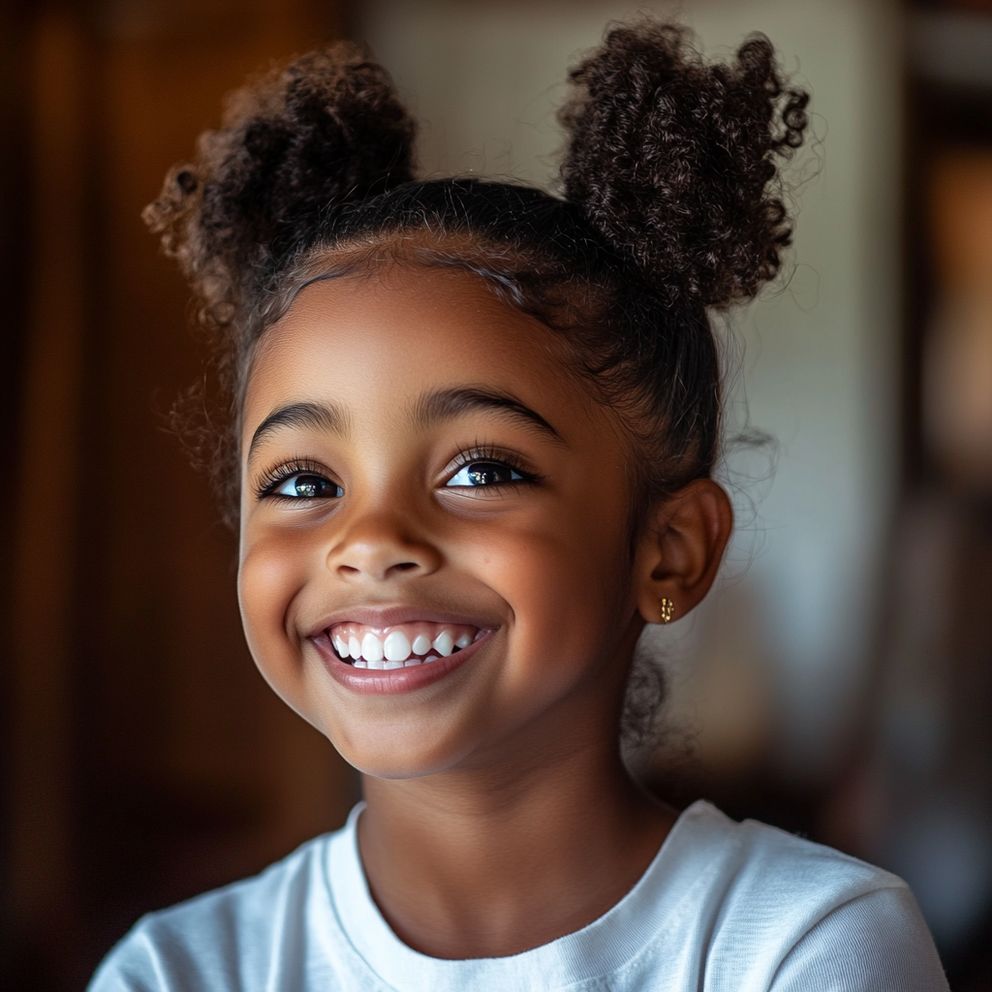
But the story didn’t end there. Tina decided to confront her mother, sending the DNA results to Stacey with a clear message: she was not to interfere with our family or spread any more lies. If she wanted to be in Nina’s life, it would be on our terms, under our watch.
Thanksgiving arrived soon after, and though I hadn’t planned on seeing Stacey, life had other plans. Tina wanted us to spend the holiday together, hoping to mend what had been broken. I agreed, though my heart felt heavy as I walked through Stacey’s door.
We all gathered around the table, the air thick with tension. Finally, Stacey cleared her throat, glancing in my direction. “Lucy…I’m sorry. I know what I said hurt you, hurt all of you. I…don’t expect forgiveness, but I needed to say it.”
I looked at her, feeling the sting of her words, the damage they’d caused. But as I held Nina’s hand under the table, I realized that forgiveness wasn’t about her — it was about us, about healing and moving forward. I nodded, offering her a small, weary smile. “Thank you, Stacey.”
That evening, as we shared laughter and stories around the table, I felt a new strength in our family. We’d faced doubts and heartache, but we’d come through together, bound by love and the truth we’d fought to protect.
And as I watched Nina laughing beside me, I knew that our bond was unbreakable, stronger than any lie, deeper than any doubt.


